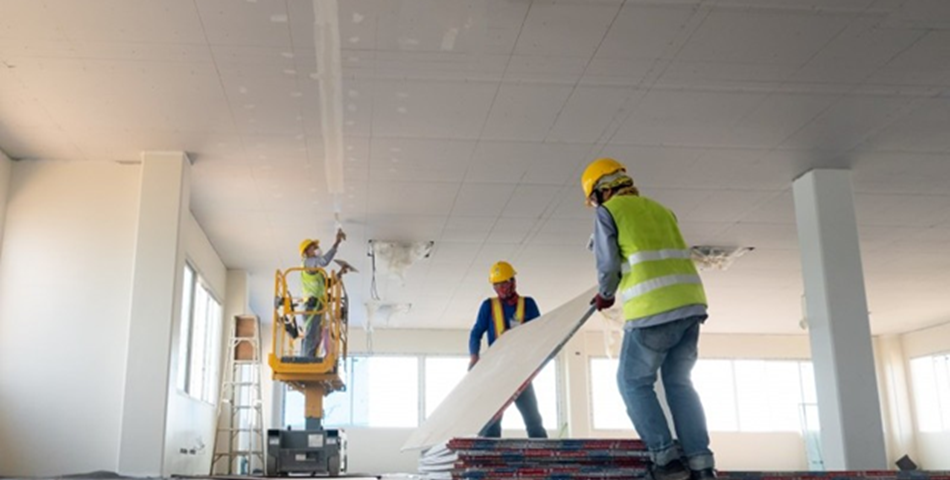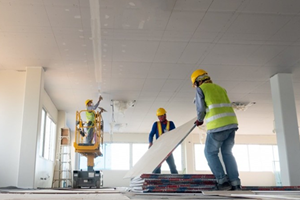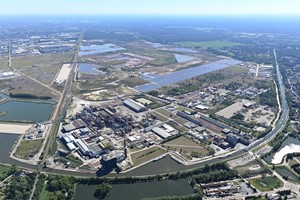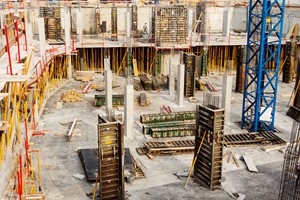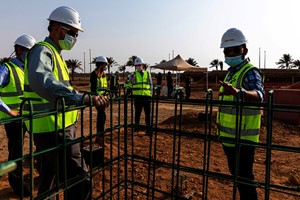Activity in the Belgian construction sector is starting to slow. Although order books are still well filled, new orders are coming in more slowly. For this year, we forecast 2.5% growth for the Belgian construction sector, but next year growth will come to a halt.
Belgian construction activity still 6.1% below its pre-pandemic level
Construction activity in Belgium in the first seven months of this year was 0.4% lower than during the same period last year. The war in Ukraine has put activity under pressure even more. In July, construction activity was 1.1% lower than in February before the outbreak of war in Ukraine. In the European Union, construction activity was still up 3.7% for the first seven months of this year, thanks to a strong start to the year. Yet the European average has also been under strong pressure since the war in Ukraine. Construction activity in the EU has declined by 2.2% since February.
Rising costs due to sharply increased energy and construction material prices, combined with growing uncertainty due to the war in Ukraine, are weighing on construction activity. As a result, it will take longer to fully recover from the Covid-19 hit. Construction activity in Belgium fell more sharply than the European average during the first lockdown. The recovery afterwards was also weaker. In July 2022, construction volume in Belgium was still 6.1% lower than in July 2019, the same month before the pandemic, while activity in the European Union was already 1.9% above its pre-pandemic level.
Construction business confidence down sharply since start of Ukraine war
According to the European Commission's confidence indicator, sentiment in the construction sector has fallen sharply since the start of the war. Rising costs and problems in global supply chains have weighed on profitability and caused a lot of construction sites to experience delays. Although pressure on supply chains is still high, it is beginning to normalise.
While the pressure on building material prices seemed to ease somewhat during the summer, the prices of energy-intensive building materials rose sharply again in September. Unlike the situation in the spring, this further increase in building material prices is no longer due to higher commodity prices on international markets, but due to higher energy costs, which make the production process of building materials more expensive. From a survey by Embuild, eight in 10 respondents expect further price increases for these materials over the next three months. A number of Belgian producers have already reduced or halted production, which in turn could affect the availability and delivery time of these materials. Falling demand will also make it more difficult to pass on price increases, putting pressure on the industry's profitability.




